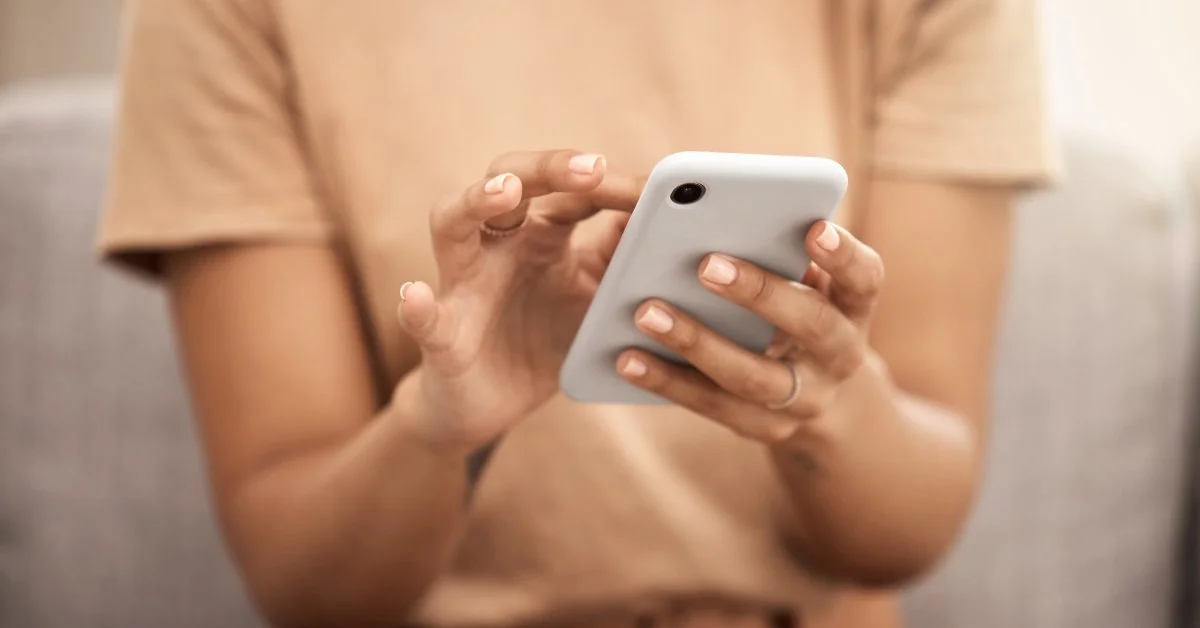How Screentime Affects Your Skin & How To Keep Your Glow
We live our lives in front of screens, from the moment we check our phones in the morning to the late-night binge-watch sessions. While we know this digital dependency can strain our eyes and posture, we don’t always hear about how it can affect our complexion. It’s time for a closer look at how screentime affects your skin and how to keep your glow.
Blue Light and Your Complexion
The high-energy visible (HEV) light, or blue light, emitted from our screens is a major topic in dermatology. While more research is needed for definitive conclusions, some studies suggest that long-term, concentrated exposure to blue light can contribute to oxidative stress in the skin. This process can accelerate the breakdown of collagen and elastin, the proteins that keep skin firm and youthful. The result may be premature fine lines and a loss of elasticity.
Screen Time and Sleep Disruption
Perhaps the most significant impact of screen time on skin is its effect on sleep. Exposure to blue light in the evening can suppress melatonin, the hormone that regulates our sleep-wake cycle. Poor sleep quality is directly linked to skin health. During deep sleep, your body undergoes a repair process, healing damaged cells and regenerating new ones. When this cycle is disrupted, it can lead to dullness, puffiness, and dark under-eye circles.
The link between a good night’s rest and healthy skin is well-established; if your screen habits are costing you sleep, they are also costing you your glow. Some research even indicates that the electromagnetic frequencies from devices can impact long-term health by disrupting sleep patterns. Developing a healthier relationship with your devices is vital to your well-being.
The Posture Problem: “Tech Neck”
Constantly looking down at a phone or laptop does more than strain your neck muscles. This repeated motion can contribute to the formation of horizontal lines and creases on the neck, an issue now commonly dubbed “tech neck.” Over time, the skin in this area can lose its firmness, leading to sagging and deeper wrinkles. Maintaining good posture and taking breaks to stretch can help mitigate these effects.
Reclaim Your Radiance
You can mitigate the effects of screentime on your skin with simple habits that will help you keep your glow. This includes enabling night mode on your devices, taking frequent screen breaks, and prioritizing a consistent sleep schedule. Combined with a solid skincare routine, you can combat the digital drain on your complexion. After all, achieving radiant skin is a result of consistent care from the inside out.
Quick picks
Medik8 Crystal Retinal (laddered strengths)
Progressive strengths (0.01–0.24%) so you can level up without nuking your barrier.
The Ordinary Retinal 0.2% Emulsion
Potent, affordable, elegant texture for experienced users—pace yourself.
Avène RetrinAL 0.1 Intensive Cream
Cushiony cream with retinaldehyde; steady results with fewer skip nights.
Allies of Skin Retinal + Peptides Repair Night Cream (0.05%)
Repair-first formula with ectoin and peptides; spendy but plush.
How we test
Each pick was trialed for at least four weeks. We logged texture, scent, layering behavior, pilling, perceived efficacy (clarity, fine lines, tone), and any irritation. We prioritized clear strength disclosure, smart packaging, and consistent user guidance.









